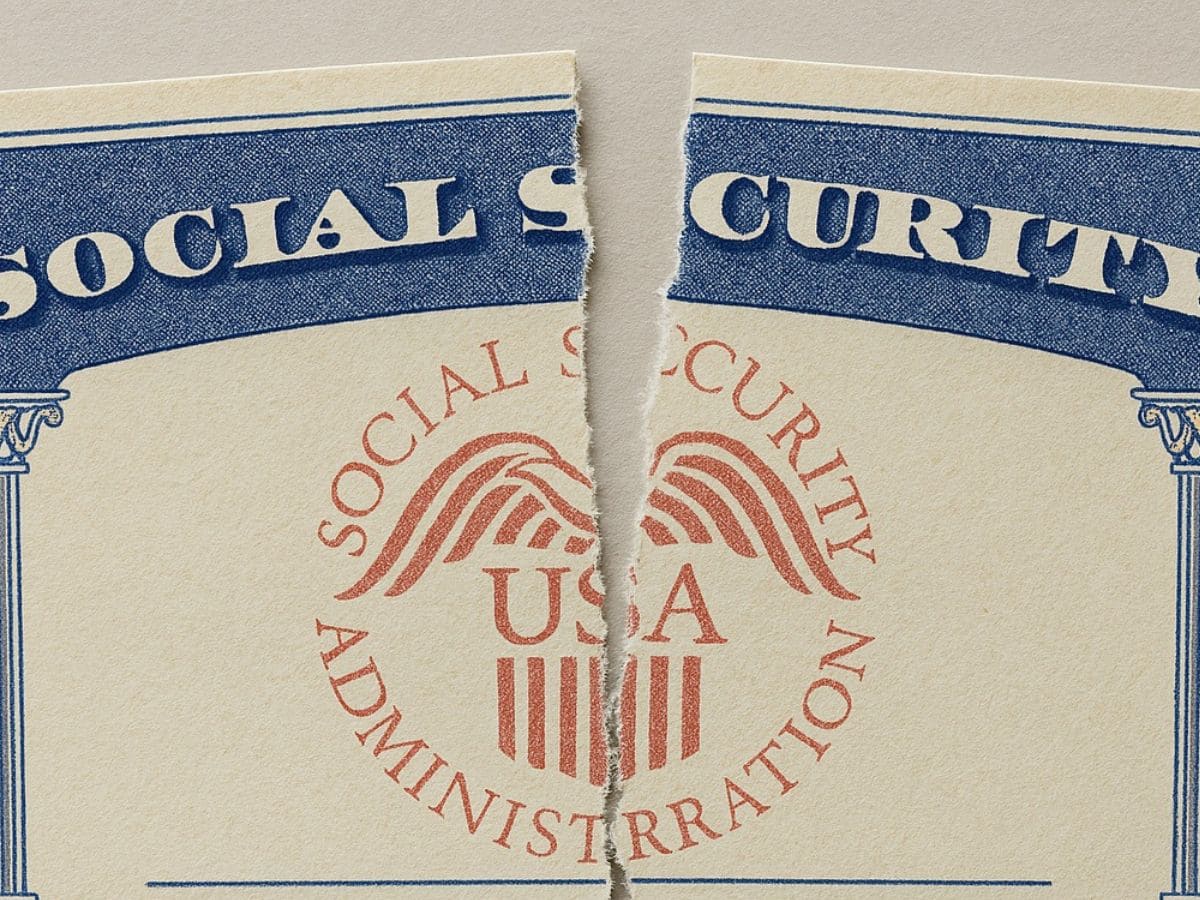The Social Security Administration (SSA) is rolling out new rules aimed at reducing fraud, but policy experts warn they could make it much harder for millions of eligible Americans—particularly seniors—to access their benefits. Starting April 14, these changes will affect how people apply for and manage their Social Security benefits, with more restrictions on how identity verification is handled.
A recent report from the Center on Budget and Policy Priorities (CBPP) reveals that up to six million people could face new obstacles under these rules. Many older adults lack internet access or live far from a Social Security office, making it difficult—if not impossible—for them to comply with the new procedures. The result could be a significant drop in benefit approvals for those who need support the most.
Key changes under the new SSA rules
According to the CBPP, the most critical changes being implemented include:
- Ending phone-based identity verification for certain services.
- Requiring online applications through the My Social Security portal.
- Mandating in-person visits to SSA offices for identity verification.
Beginning on April 14, #SocialSecurity will perform an anti-fraud check on all claims filed over the telephone and flag claims that have fraud risk indicators.
— Social Security (@SocialSecurity) April 8, 2025
The CBPP calls these policy shifts “sudden and unjustified,” warning they will overload already stretched field offices and worsen delays in customer service. The think tank also emphasized that many of those affected are seniors without reliable internet or transportation options.
SSA defends changes, clarifies fraud-prevention efforts
In response to the backlash, the SSA issued clarifying statements on its official X (formerly Twitter) account. The agency denied claims that phone services would be entirely discontinued, stating that individuals can still use the phone to file claims unless they are flagged by the agency’s fraud detection system.
“We will only require in-person visits if a claim is marked with potential fraud indicators,” the SSA explained. They also noted that they’re expanding their phone support staff to better assist those who need help navigating the changes.
The new rules will affect both first-time applicants and existing beneficiaries updating their direct deposit information or other account details. While the SSA frames these efforts as essential to combat fraud, advocates are concerned they may unintentionally shut out some of the most vulnerable citizens who rely on Social Security to meet basic needs.








